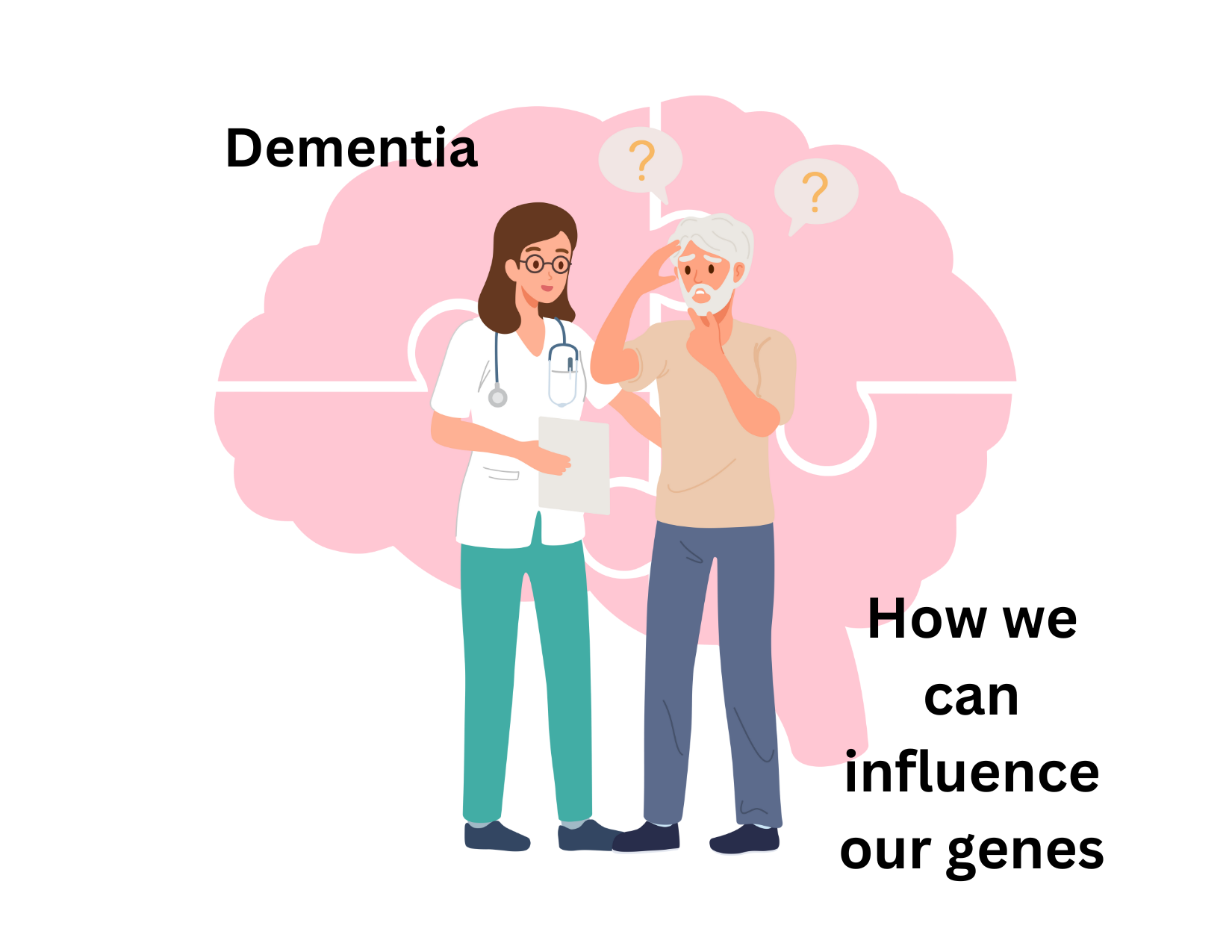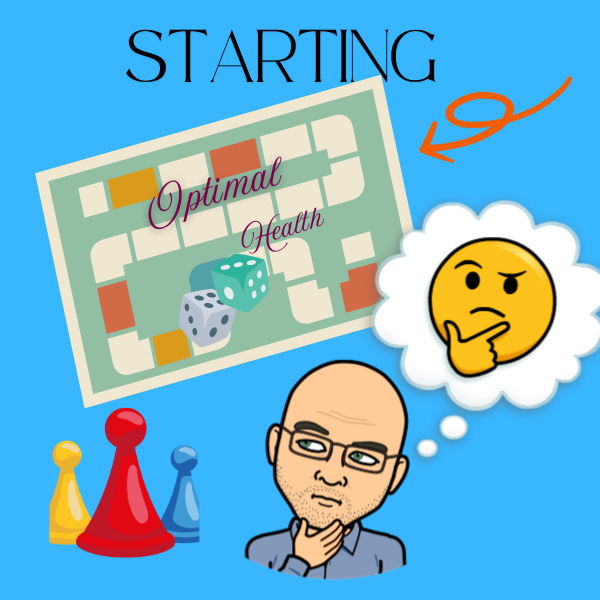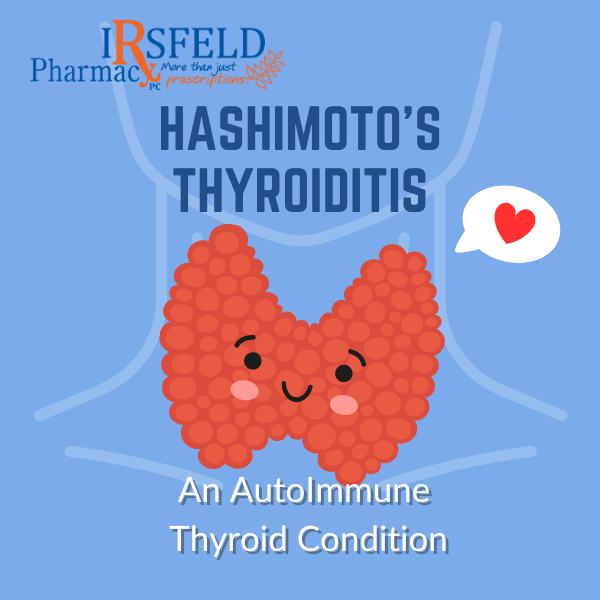Embracing the things you CAN DO to influence the aging process!

The aging process is not for the faint of heart, basically, you need to be tough to be successful in the process. Most people try to focus on the things they can’t do rather than embracing the things they can or finding new things they have never done before. I am embracing running again and have set a goal to run 400 meters in under 75 seconds by the end of August.
The goal is now in writing and there is no backing out because people will be asking how my training is going. I have challenged a couple of my pharmacy colleagues to do the same and at some point, in one of my articles, I may have to call them out.
One of the most common concerns of the aging process is the potential decline of our mind and memory and that will be the focus of this article and my next one exploring how lifestyle can positively affect dementia.
Dementia is a term used to describe a decline in mental ability severe enough to interfere with daily life. Memory loss is a common symptom, but it also affects other cognitive functions like thinking, reasoning, and communication. For many years, dementia, especially Alzheimer’s disease, which is its most common form, has been considered incurable and progressively worsening. However, recent studies have brought new hope, showing that certain treatments and lifestyle changes can improve symptoms or slow the progression of dementia. Let’s dive into some of these promising studies.
Before we get into the studies, it’s important to understand what dementia is. Dementia isn’t a single disease but a general term for a decline in cognitive function. Alzheimer's disease is the most common type, followed by vascular dementia, which occurs after a stroke. Other types include Lewy body dementia and frontotemporal dementia. Symptoms might include problems with memory, attention, communication, reasoning, judgment, and visual perception.
One of the most straightforward and universally accessible ways to combat dementia is through regular physical exercise. A study published in the journal "Neurology" in 2020 found that older adults who engage in regular physical activity can maintain better cognitive function and have a lower risk of developing dementia. The study observed nearly 2,000 adults over the age of 65 for 20 years. Those who were physically active showed significantly slower cognitive decline compared to those who were not active.
Exercise helps in several ways. It increases blood flow to the brain, promotes the growth of new neurons, and improves the connections between brain cells. Activities like walking, swimming, and even dancing can be beneficial.
Another critical area of research has been the impact of diet on brain health. The MIND diet (Mediterranean-DASH Diet Intervention for Neurodegenerative Delay) has shown promising results. This diet combines elements of the Mediterranean diet and the DASH diet, which is designed to lower blood pressure. It emphasizes eating green leafy vegetables, nuts, berries, beans, whole grains, fish, poultry, olive oil, and wine in moderation.
A study published in the "Alzheimer's & Dementia" journal in 2015 found that following the MIND diet could significantly reduce the risk of developing Alzheimer's disease. Participants who adhered to the diet rigorously had a 53% reduced risk, while even moderate followers saw a 35% reduction. These foods are rich in antioxidants and nutrients that help protect brain cells and reduce inflammation.
Just like physical exercise strengthens the body, mental exercises can strengthen the brain. Cognitive training involves activities designed to improve memory, problem-solving, and other cognitive skills. A notable study, the Advanced Cognitive Training for Independent and Vital Elderly (ACTIVE) trial, involved over 2,800 older adults. The participants who engaged in regular cognitive training sessions showed significant improvements in memory, reasoning, and processing speed.
Encouraging older family members to engage in activities such puzzles, memory games, and brain teasers can help keep their minds sharp. Even learning new skills, such as playing an instrument or picking up a new hobby, can be beneficial.
Human beings are social creatures, and maintaining social connections is vital for brain health. Studies have shown that social interaction can help protect against cognitive decline. A 2011 study published in "The Journal of Neurology, Neurosurgery & Psychiatry" found that individuals with larger social networks and regular social engagement had a lower risk of developing dementia. Social interaction can include anything from chatting with friends, attending social events, or even engaging in group activities like book clubs or volunteer work.
Good sleep hygiene is crucial for overall health, including brain health. Poor sleep has been linked to an increased risk of dementia. A study published in "Nature Communications" in 2021 found that people who slept less than six hours a night in their 50s and 60s were more likely to develop dementia later in life.
Sleep helps the brain clear out toxins and consolidate memories. Encouraging good sleep habits, like maintaining a regular sleep schedule, creating a restful sleeping environment, and avoiding caffeine and electronic screens before bedtime, can be beneficial for everyone, including those at risk for dementia.
While lifestyle changes are critical, medical treatments also play a role. Medications like cholinesterase inhibitors (donepezil, rivastigmine, and galantamine) and memantine are commonly prescribed to help manage symptoms. These medications can help improve neurotransmitter levels in the brain, which are often imbalanced in people with dementia.
Additionally, recent research has been exploring more advanced treatments. We are seeing biologicals like Leqembi, which is designed to slow the Alzheimer’s process. This new line of medications holds some promise that at some point we may have a cure for this dreadful illness.
While there is no cure for dementia yet, these studies highlight the importance of a holistic approach in managing and potentially improving dementia symptoms. Combining regular physical activity, a healthy diet, mental stimulation, social interaction, proper sleep, and medical treatments can offer hope and improve the quality of life for those affected by dementia.
Whether it’s going for a walk, cooking a nutritious meal, engaging in brain games, or simply spending time and talking, every little bit helps. Dementia is a challenging condition, but with ongoing research and collective effort, there is hope for improvement and better management of this disease. Next week’s article will explore alternative approaches to the treatment of dementia.
My staff and I would like to help you with questions regarding dementia and the potential treatment options. Please visit my website at www.irsfeldpharmacy.com to view this and other health-related articles in the blog section.
Until next time, be vigilant about your health!!












Share On: